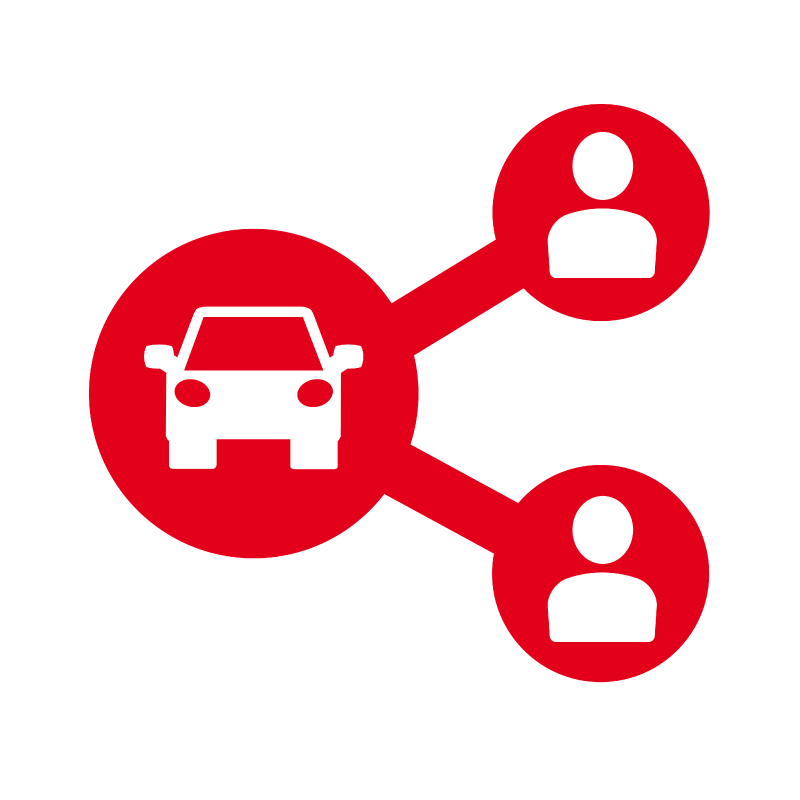From November 5 to 7, the worlds car-, ride- and bike-sharing community puts up its tents in the City of Rotterdam. Invited by the Dutch Ministry of Infrastructure and Water Management and supported by some of the most innovative co-mobility companies around, wocomoco makes its first stop in the Netherlands since its launch 6 years ago. At the 2018-edition of wocomoco, around 80 speakers and several hundred delegates will critically review and discuss current shared mobility solutions and help to further advance urban transport’s collaborative turn.
Today, transportation’s digital shift, coupled with the rise of a global share economy, is rendering the private car increasingly superfluous. By pooling rides, co-mobility makes both long-distance leisure trips and daily commutes more affordable and sustainable. Shared bikes and electric scooters either unburden overcrowded public transport in city centers or help to close a void in urban quarters, underserved by trams and buses. “No surprise, that transport planners, providers, investors and eager start-ups around the world are all gearing up to define their stakes and shares in this expanding market – while meeting yearly at wocomoco”, says Dr. Jörg Beckmann, Founder of the World Collaborative Mobility Congress and Director of the Swiss-based Mobility Academy.
“Developments in the area of transport and mobility are taking place at a dazzling rate. Collaborative and shared mobility seems highly promising in terms of reaching our sustainability goals. The Dutch government’s policy on smart mobility reflects its strong belief in the potential of these developments, concrete examples of which are the stimulus of car sharing and close cooperation (joining of forces) with our fellow public authorities on a number of MaaS-pilots in the months to come. Having the wocomoco take place in the Netherlands will enable us and all of our partners to gather national and international best practices, exchange knowledge and inspire us all in our efforts to make mobility more efficient”, says Mark Frequin, General Director of the Dutch Ministry of Infrastructure and Water Management.
Judith Bokhove , alderman of Rotterdam says: “Rotterdam is growing and flourishing. Challenges regarding quality of life and accessibility are therefore everyday’s business. How do we turn Rotterdam into a future-proof city? A healthy city with clean air and space to live, which is perfect for leisure activities for all the people of Rotterdam? Sharing is without a doubt one of the mobility solutions that suits this city. Therefore, we encourage innovations and we discover together the opportunities.”
Clearly, one of Europe’s most exciting co-mobility markets is to be found in The Netherlands. With their 1960s “White Bikes”, the Dutch may well be seen as the founders of today’s manifold bikesharing-schemes and are still at the forefront of inventing and testing new shared, electric and autonomous mobility services that help to make transport more sustainable. The 6th World Collaborative Mobility Congress will both showcase current Dutch projects and present pioneering efforts from both established transport companies and agile co-mobility start-ups from Europe, Asia and North-America. All this will happen on November 6 & 7 at the magnificent Van Nelle Factory in Rotterdam, an architectural landmark and former site for many pioneering achievements. On the evening of the 5th there will be an exclusive opening at the Residence of the Swiss Ambassador in The Hague, already getting a taste of wocomoco’s return to Switzerland in 2019.
You can find the program and further information on the congress on the website www.wocomoco.org.

